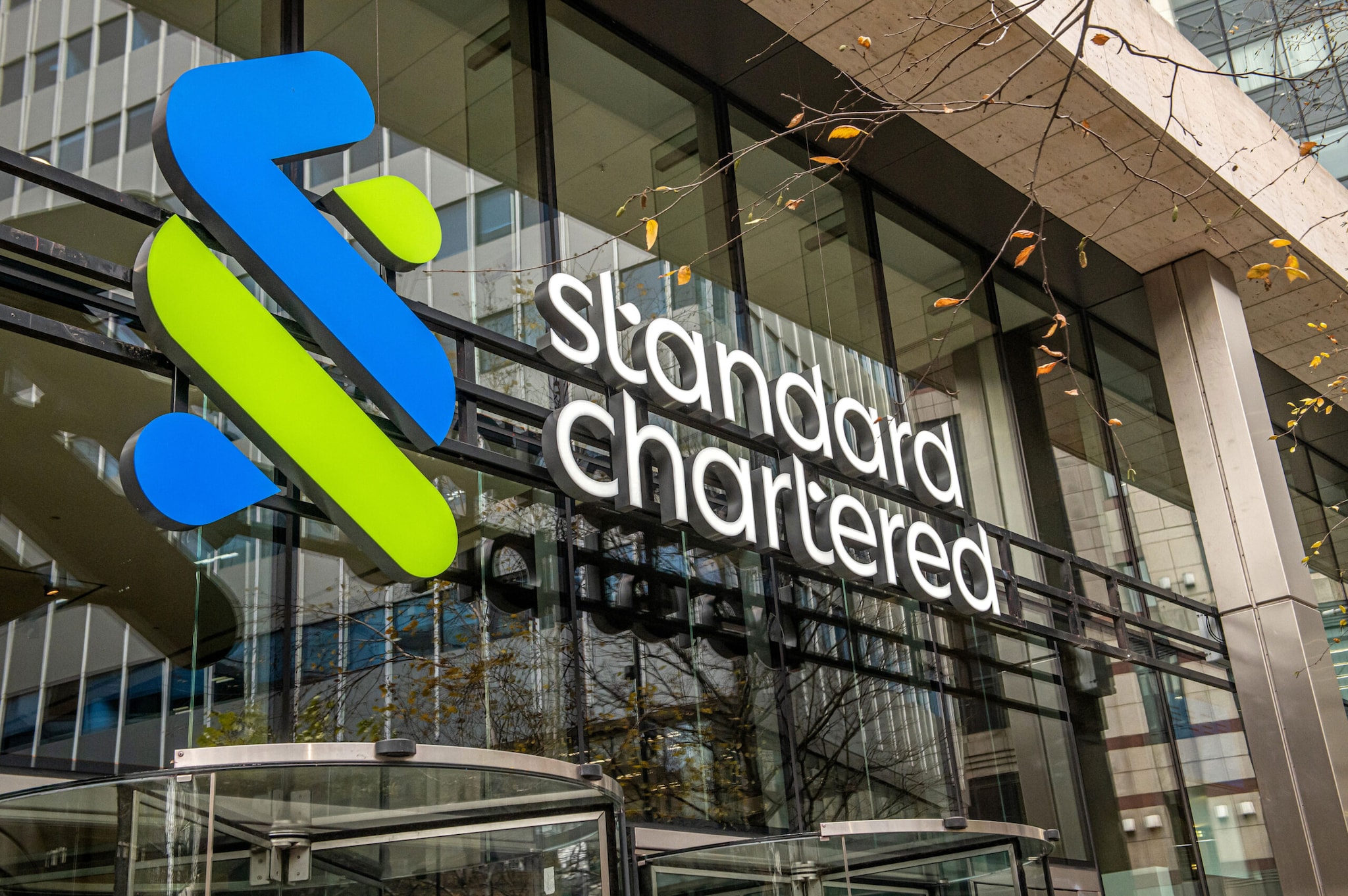First Public Restaurant Group in Middle East Adds Bitcoin to Treasury
16.05.2025 12:00 1 min. read Alexander Stefanov
In a regional first, Bahrain’s Al Abraaj Restaurants Group has become the Middle East’s first publicly traded company to allocate part of its corporate treasury to Bitcoin.
The move marks a significant milestone in the region’s evolving stance on digital assets, positioning the Gulf as a growing participant in global crypto adoption.
Al Abraaj’s decision signals a shift in perception—away from viewing Bitcoin as a speculative asset and toward recognizing it as a legitimate store of value. While corporate Bitcoin holdings have been largely dominated by U.S.-based firms like MicroStrategy and Tesla, this development brings the trend into new geographic territory.
Though Bahrain has been pushing to brand itself as a fintech hub, the adoption of Bitcoin by a non-tech, consumer-facing company speaks volumes. Coming from a major player in the food services industry, the move suggests broader institutional confidence in crypto’s long-term potential, especially as a hedge against inflation and currency risk.
This could also set a precedent across the Gulf, encouraging other companies to diversify their reserves and explore digital assets as part of their financial strategy. As regulatory clarity continues to improve across the region, more firms may follow suit—bringing Bitcoin one step closer to mainstream acceptance in the Middle East.
-
1
Bitcoin Reaches $119,000 Milestone as Corporate Demand and ETF Inflows Rise
13.07.2025 17:45 2 min. read -
2
Bitcoin Price Prediction From Bernstein After the Recent All-Time High
14.07.2025 20:00 1 min. read -
3
Ethereum Sparks Altcoin Season as FOMO Shifts Away From Bitcoin
17.07.2025 18:30 2 min. read -
4
Robert Kiyosaki Reacts to Bitcoin’s Surge Past $120K: “I’m Buying One More”
14.07.2025 17:00 1 min. read -
5
Top Crypto Trends Dominating Discussions This Week
15.07.2025 17:30 2 min. read
Bitcoin Funding Rates Stay Elevated—Rally Ahead or Shakeout Coming?
As Bitcoin continues to consolidate above $100K, a critical market signal is flashing: BTC funding rates remain elevated, even as price action cools.
Billionaire Ray Dalio Revealed What his Portfolio Says About the Future of mMoney
Billionaire investor Ray Dalio, founder of Bridgewater Associates, has suggested that a balanced investment portfolio should include up to 15% allocation to gold or Bitcoin, though he remains personally more inclined toward the traditional asset.
Where Is The Smart Entry Point For Bitcoin Bulls?
With Bitcoin hovering near $119,000, traders are weighing their next move carefully. The question dominating the market now is simple: Buy the dip or wait for a cleaner setup?
Matrixport Warns of Bitcoin Dip After Hitting This Target
Bitcoin has officially reached the $116,000 milestone, a level previously forecasted by crypto services firm Matrixport using its proprietary seasonal modeling.
-
1
Bitcoin Reaches $119,000 Milestone as Corporate Demand and ETF Inflows Rise
13.07.2025 17:45 2 min. read -
2
Bitcoin Price Prediction From Bernstein After the Recent All-Time High
14.07.2025 20:00 1 min. read -
3
Ethereum Sparks Altcoin Season as FOMO Shifts Away From Bitcoin
17.07.2025 18:30 2 min. read -
4
Robert Kiyosaki Reacts to Bitcoin’s Surge Past $120K: “I’m Buying One More”
14.07.2025 17:00 1 min. read -
5
Top Crypto Trends Dominating Discussions This Week
15.07.2025 17:30 2 min. read


